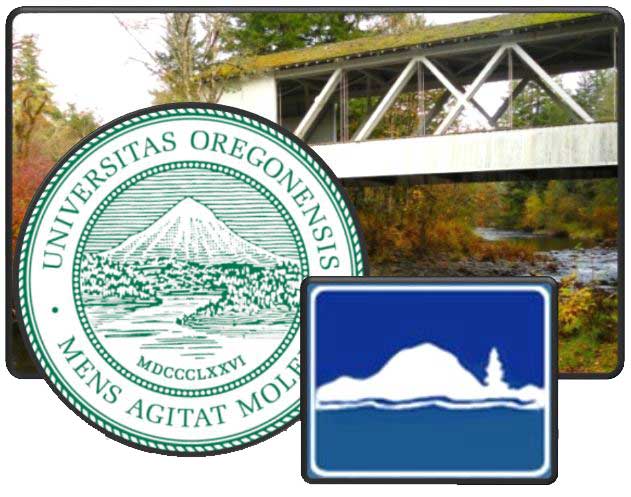 Economic Development has been a red-hot topic since the 2008 economic downturn began: how do we strategically increase economic development? Many state, regional, and local government entities have sought solutions that increase economic development that meet the state goals, but progress has been unfortunately slow.
Economic Development has been a red-hot topic since the 2008 economic downturn began: how do we strategically increase economic development? Many state, regional, and local government entities have sought solutions that increase economic development that meet the state goals, but progress has been unfortunately slow.
Naturally occurring events like winter storms, floods, and landslides cost our economy millions of dollars a year and have significant impacts on economic development in communities, on businesses, and on the residents who depend on them. Increasing awareness of natural threats and the interconnected nature of modern society lead to this question: how can we increase economic resilience in the region and decrease the negative economic impacts that nature sends our way? Can we achieve economic growth and resiliency in a way that also decreases the costs of those natural hazards to the region?Utilizing the talent, drive, education, and resources of the Community Planning Workshop at the University of Oregon, the Cascades West Economic Development District is developing a unique economic development plan for four counties. This plan not only will address traditional economic development issues, but it will also directly address resilience.
Led by Amanda D’Souza, a second-year Master’s candidate in the Planning, Public Policy, and Management Department, the CWEDD-Cascade West Economic Development District Team is currently conducting a thorough review and analysis of the current 5-year plan to assess where it has succeeded, where it can be improved, and how we can incorporate the concepts of natural hazard mitigation to enhance economic resilience wherever possible. CWEDD Team members include Blake Helm, Dianna Skelly, Kelsey Zlevor, and Fabio Ramos de Andrade.
CPW and the CWEDD team is innovating solutions to real-world problems that will impact the lives of Oregonians and their families. Our blog will be updated regularly, so please join us as we share our ideas and progress. This information-gathering process includes more than data collection and analysis; it also incorporates existing regional knowledge and input from regional stakeholders.
 About the Author: Dianna Skelly is a non-traditional graduate student seeking a Masters in Community and Regional Planning following her undergraduate degree in Emergency and Disaster Management and Certificate in Homeland Security from American Military University. She is a proud mother of two children, and she has lived in Oregon for most of her 45 years. Her hobbies include voraciously reading books of all kinds, yoga, and spending time with loved ones.
About the Author: Dianna Skelly is a non-traditional graduate student seeking a Masters in Community and Regional Planning following her undergraduate degree in Emergency and Disaster Management and Certificate in Homeland Security from American Military University. She is a proud mother of two children, and she has lived in Oregon for most of her 45 years. Her hobbies include voraciously reading books of all kinds, yoga, and spending time with loved ones.
